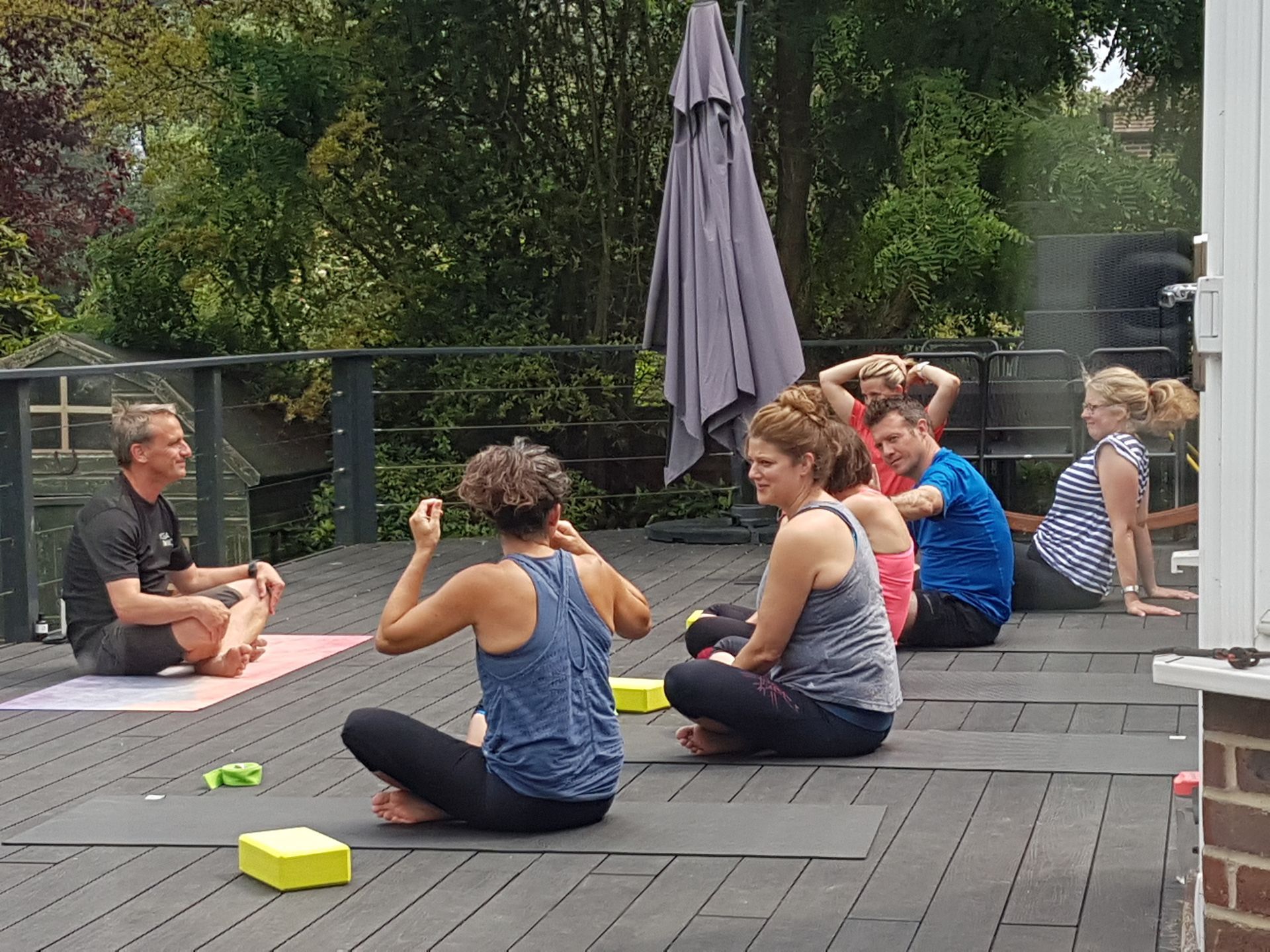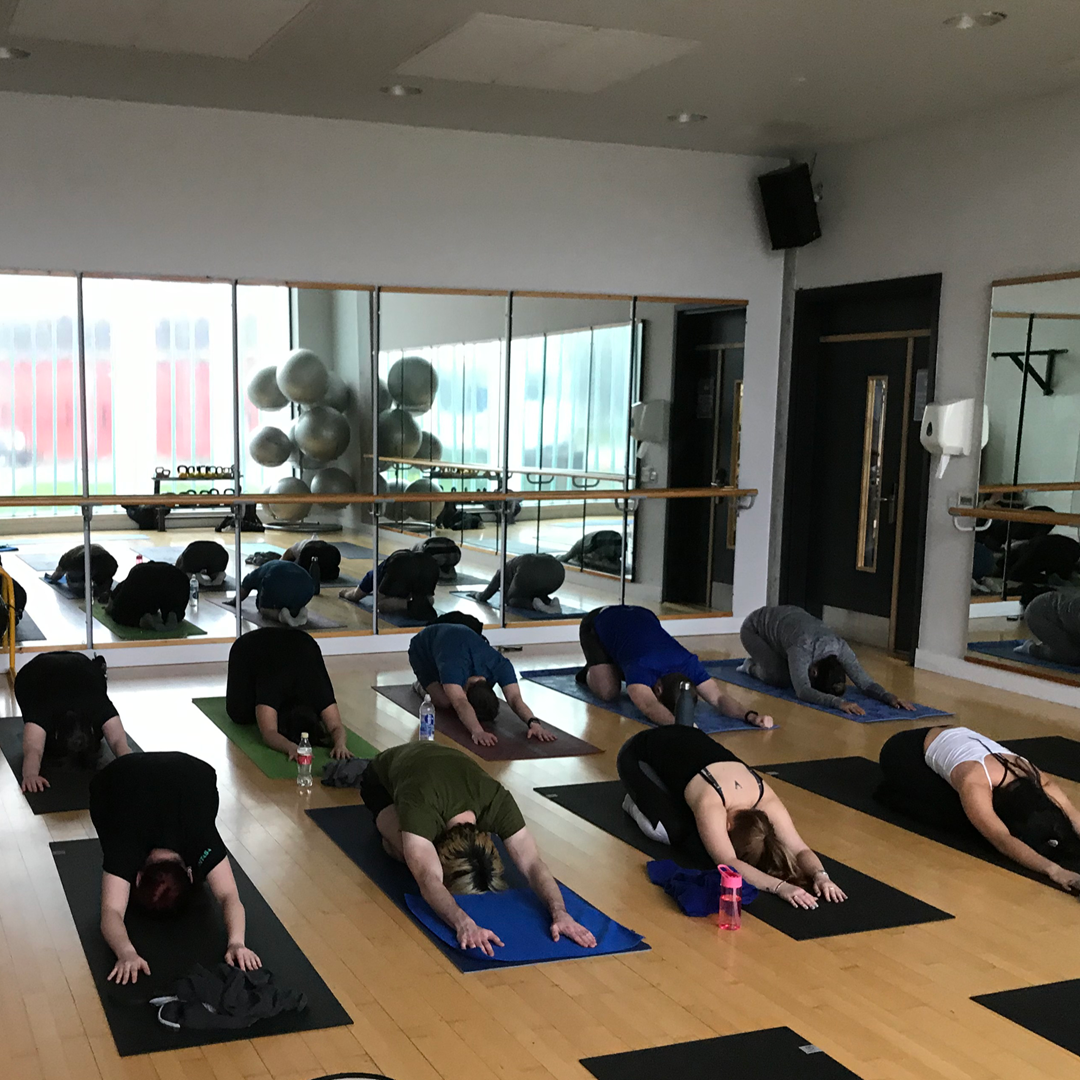SELF DOUBT
8 Ways To Deal with Self Doubt, or Imposter Syndrome
Self-doubt and imposter syndrome are common experiences that can hold us back from reaching our full potential.
Whether it’s feeling unworthy of success, questioning our abilities, or fearing that others will discover we’re not as competent as they believe, these thoughts can be limiting and damaging to our well-being.
However, by recognizing these feelings and implementing effective strategies, we can overcome self-doubt and develop lasting confidence.
1. Recognizing Imposter Syndrome
Imposter syndrome manifests as persistent feelings of inadequacy, even when there is evidence of success. People experiencing it often attribute achievements to luck rather than skill and fear being “exposed” as a fraud. Recognizing these thoughts as irrational is the first step toward overcoming them.
2. Challenging Negative Self-Talk
Our inner dialogue plays a crucial role in shaping our confidence. When self-doubt creeps in, take a moment to challenge those negative thoughts. Would you say the same things to a close friend? Replacing self-criticism with self-compassion can help shift your mindset toward a more positive and constructive perspective.
3. Celebrate Your Successes
Keeping track of accomplishments, no matter how small, can help counteract feelings of inadequacy. Maintain a journal of successes, positive feedback, and moments of personal growth. Revisiting these reminders during moments of doubt reinforces the reality of your progress and skills.
4. Embracing Growth Over Perfection
Perfectionism often fuels self-doubt. Instead of striving for flawlessness, focus on continuous growth. Mistakes and setbacks are natural parts of learning and development. By embracing a growth mindset, you can see challenges as opportunities rather than failures.
5. Seeking Support and Perspective
Talking to trusted friends, mentors, or colleagues about your feelings can provide reassurance and valuable perspective. Many successful people have experienced self-doubt, and sharing experiences can help normalize these emotions while providing encouragement and practical advice.
6. Taking Action Despite Fear
Self-doubt thrives on hesitation. One of the most effective ways to overcome it is by taking action. Even if you don’t feel completely ready, stepping forward builds confidence over time. The more you challenge yourself, the more you’ll realize your capabilities.
7. Reframing Comparison
Comparing yourself to others often fuels imposter syndrome. Instead of seeing others’ success as a measure of your own worth, use it as inspiration. Everyone’s journey is different, and success is not a limited resource. Focus on your progress rather than measuring yourself against others.
8. Practicing Self-Compassion
Being kind to yourself is essential in overcoming self-doubt. Acknowledge that feeling uncertain is normal and doesn’t define your abilities. Treat yourself with the same encouragement and understanding that you would offer to a friend facing similar challenges.
Ready to take the next step - forward
Don't let self-doubt or imposter syndrome define your journey.
By recognizing these feelings, reframing negative thoughts, and taking action, you can build self-confidence and embrace your achievements.
Remember, you are more capable than your doubts suggest, and with the right mindset and support, you can move forward with confidence and authenticity.









